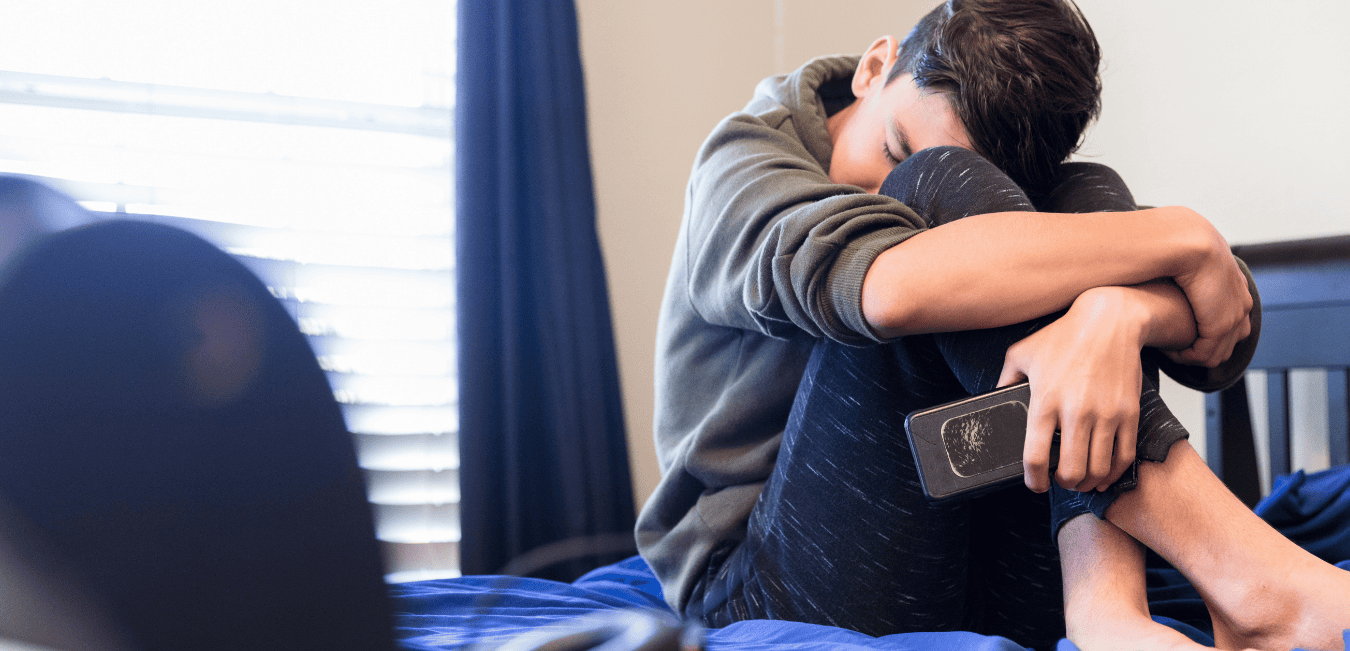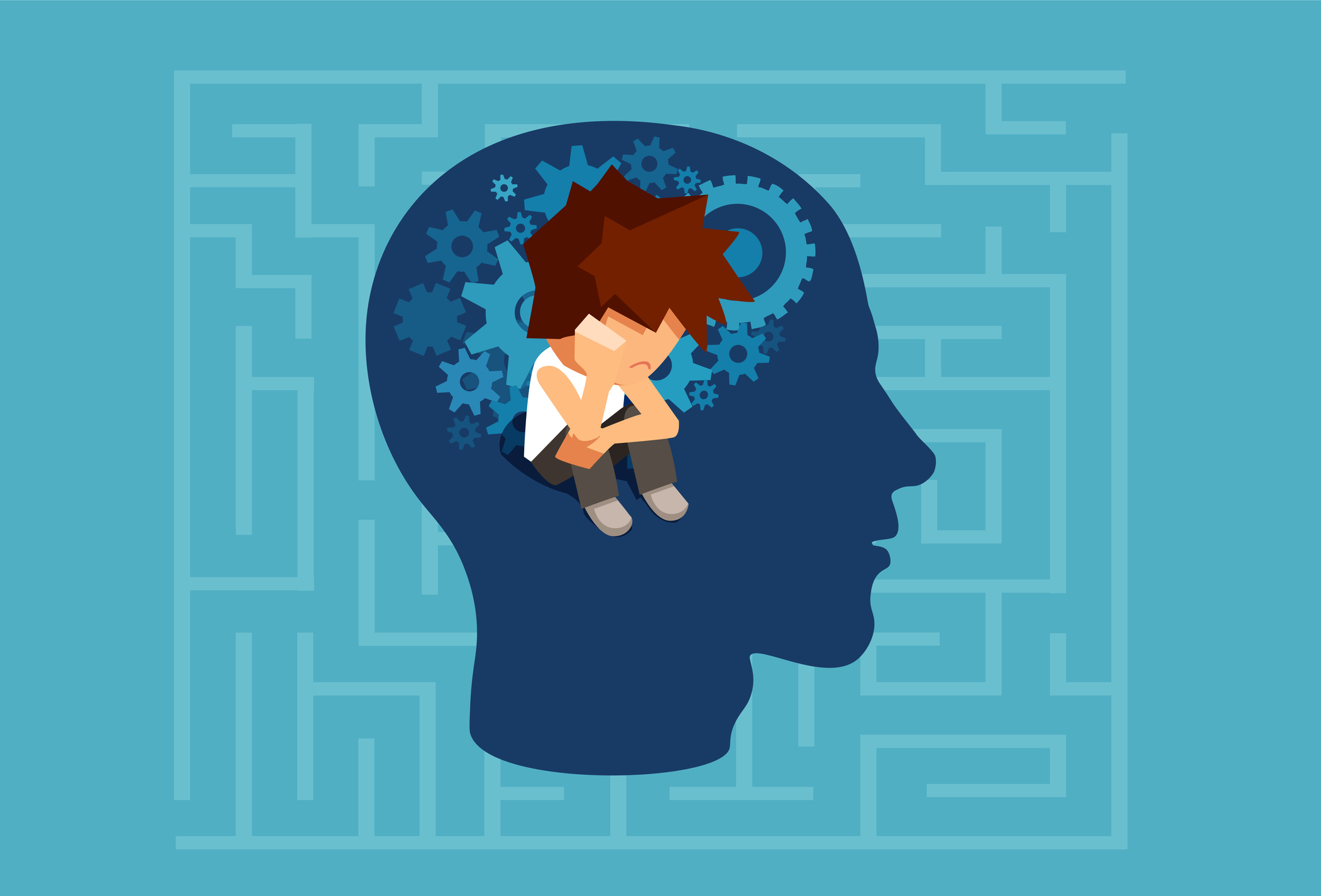Teen Bedwetting and Sleep Quality: Tips for Better Rest
Bedwetting is a common problem among teenagers, especially those between the ages of 12 and 16. It is estimated that up to 15 percent of teenagers suffer from this issue. It can be caused by a number of factors such as stress, anxiety, hormonal changes, and medical conditions. While bedwetting can be an embarrassing and difficult situation for teenagers, it is important to remember that it is a common issue and there are ways to manage it.
Tips for better rest and sleep quality are:
1. Establish a bedtime routine: It is important for teens to establish a consistent bedtime routine. This should include a set bedtime and wake-up time, and a relaxing activity before bed such as reading or taking a bath. To get more information about teen bedwetting then visit https://nobedwetting.com/for-teens/.

Image Source:Google
2. Get plenty of sleep: Teens should aim to get at least 8-10 hours of sleep per night. This will help regulate hormones and ensure that they are well-rested.
3. Avoid caffeine and alcohol: Caffeine and alcohol can disrupt sleep and make it harder to stay asleep. Avoiding these substances can help ensure a better quality of sleep.
4. Avoid electronics: Using electronics such as phones and computers before bed can disrupt sleep and make it harder to stay asleep. Limiting the use of electronics before bed can help ensure a better quality of sleep.
5. Exercise: Exercise can help reduce stress and anxiety, which can help improve sleep quality.
6. Manage stress: Stress can be a major cause of bedwetting. Taking steps to manage stress such as meditation or journaling can help improve sleep quality.
Bedwetting is a common issue among teenagers, but it can be managed with the right steps. Establishing a consistent bedtime routine, getting plenty of sleep, avoiding caffeine and alcohol, avoiding electronics, exercising, and managing stress can all help improve sleep quality and reduce bedwetting.
